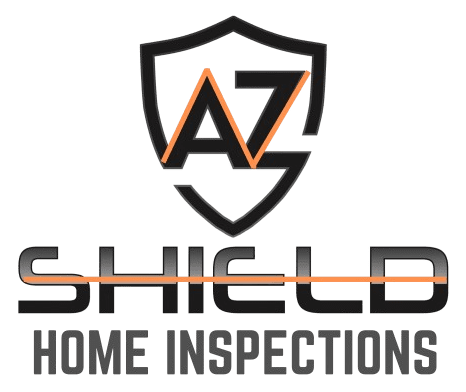Mold is a common concern for homeowners and homebuyers, and it’s understandable why—excessive mold growth can indicate moisture problems and potential health risks. However, when it comes to mold, there are important limitations on what a home inspector can and cannot do.
Our Role as Home Inspectors
At AZ Shield Home Inspections, our job is to provide a general assessment of a home’s condition. We are generalists, not specialists, which means we look for signs of potential issues, but we do not diagnose or confirm specific problems that require specialized expertise.
When it comes to mold, we do not perform mold testing or mold inspections because a separate license is required for that service. Instead, if we notice potential indicators—such as black spots, musty odors, or moisture concerns—we may recommend that you consult a licensed mold inspector for further evaluation.
Why Can’t We Call It “Mold”?
Identifying mold requires laboratory testing. While black spots or discoloration may look like mold, they could be dirt, mildew, or another substance. Since home inspectors are not mold specialists, we cannot legally identify or confirm mold during an inspection. Instead, we focus on observing and reporting conditions that might warrant further investigation.
Mold Inspections as an Add-On Service
If you’d like a mold inspection, you can schedule it as an add-on when booking your residential home inspection. We partner with a licensed mold inspection company to provide this service.
Because mold inspections are conducted by a separate company, they are scheduled separately from our home inspections. We make every effort to coordinate both inspections to occur at the same time, but availability depends on their schedule, our schedule, and yours. If scheduling conflicts arise, the mold inspection may need to be conducted at a different time.
What We Do If We See a Potential Issue
- We report visible signs of moisture damage or possible organic growth without labeling it as mold.
- We note any musty odors that could suggest high humidity or moisture intrusion.
- We recommend a mold inspection if we observe conditions that could indicate mold growth or moisture problems.
Why a Mold Inspection Might Be Necessary
If mold is a concern, hiring a licensed mold inspector ensures that samples can be collected and tested in a lab. This is the only way to confirm the presence of mold and determine the type and severity. If mold is found, a remediation plan can be developed based on the results.
Final Thoughts
While we don’t test for or diagnose mold, we are committed to helping our clients make informed decisions. If we observe conditions that might indicate a potential issue, we will always recommend the next steps—including consulting the appropriate specialists.
If you have concerns about mold, simply select the mold inspection add-on when scheduling your home inspection, and we’ll handle the rest!

Inspected Once, Inspected Right